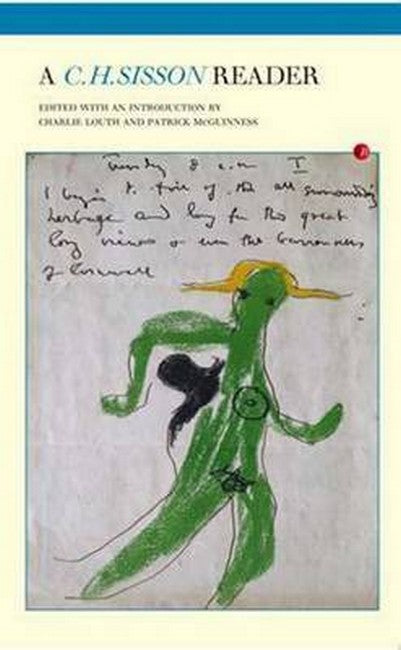Born in Bristol in 1914, C. H. Sisson was noted as a poet, novelist, essayist and an important translator. He was a great friend of the critic and writer Donald Davie, with whom he corresponded regularly. Sisson was a student at the University of Bristol where he read English and Philosophy. As a poet he first came to light through the London Arts Review founded by the painter Patrick Swift and the poet David Wright. He reacted against the prevailing intellectual climate of the 1930s, particularly the Auden Group, preferring to go back to the anti-romantic T. E. Hulme, and to the Anglican tradition. The modernism of his poetry follows a 'distinct genealogy' from Hulme to Eliot, Pound, Ford Madox Ford and Wyndham Lewis. His novel Christopher Homm experiments with form and is told backwards. Sisson served in the British Army during World War II in India and joined the Ministry of Labour in 1936. He worked as a civil servant and wrote a standard text The Spirit of British Administration (1959) arising from his work and a comparison with other European methods. Sisson was a 'severe critic of the Civil Service and some of his essays caused controversy'. In his collection The London Zoo he writes this epitaph 'Here lies a civil servant. He was civil/ To everyone, and servant to the devil.' C. H. Sisson was made a Companion of Honour for services to literature in 1993. Carcanet publish his Collected Poems, his novels, essays, and his autobiography On the Lookout, as well as his versions of Dante, Virgil, La Fontaine, Du Bellay, Lucretius and others.

